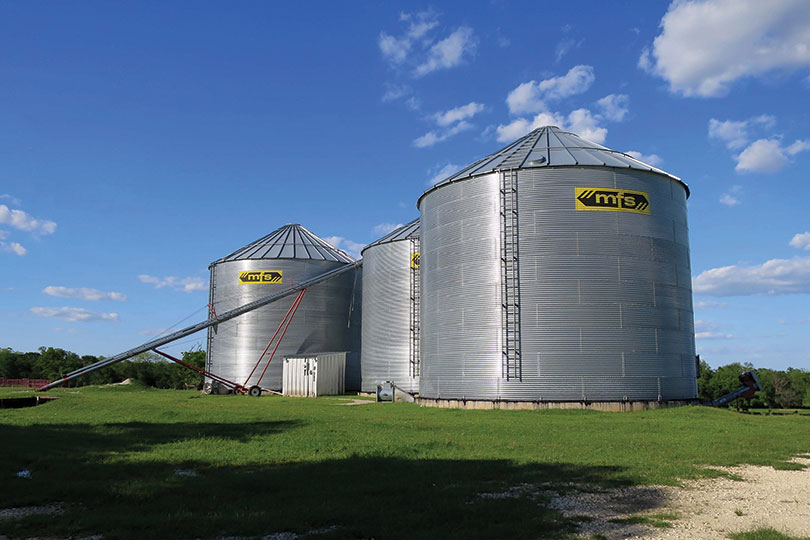Farmers can expect the largest recorded year-to-year dollar drop in net farm income in 2024. Income is estimated to be nearly $40 billion lower this year compared to 2023, down more than 25%.
Net farm income is the profit farmers see after paying for operating expenses.
Two major factors are impacting income forecasts—lower prices paid to farmers for crops and livestock and increased costs for supplies.
While these are early estimates and they could change throughout the year, the U.S. Department of Agriculture anticipates a decrease in net farm income, dropping from $156 billion in 2023 to $116 billion in 2024.
“Farm families are suffering through the same economic hardships as all families in America,” American Farm Bureau Federation (AFBF) President Zippy Duvall said. “High inflation is making the food farmers grow more expensive to produce and is cutting into the income farm families rely on to pay bills, provide an education for their children and reinvest in their community. We urge Congress to focus on bringing costs down and passing a new farm bill, both of which will help ensure farmers can continue meeting the needs of a growing nation.”
A year-to-year drop of this magnitude parallels a recent decline in general farmer sentiment as lower expectations set in for commodity prices in 2024.
“Cash receipts for crop and livestock sales are expected to move from $507 billion in 2023 to $486 billion in 2024 for a loss of $21 billion (4%). The forecast decline in crop receipts explains nearly 80% of this difference, signaling a weaker incoming year for row crop prices,” AFBF economists said in a Market Intel report.
Production expenses remain stubbornly high, as well. They are estimated to increase 4%, or $16.7 billion, in 2024, totaling $455 billion in 2024.
The largest percent increases between 2023 and 2024 are expected between marketing, storage and transportation (up 12%), the cost of labor (up 7.5%) and the cost of pesticides (up 7.2%).
“With an early expectation of significant revenue declines, though, it becomes all the more important for producers to have clarity on rules that impact their businesses’ ability to operate and for producers to have access to comprehensive risk management options,” AFBF economists said.


Leave A Comment